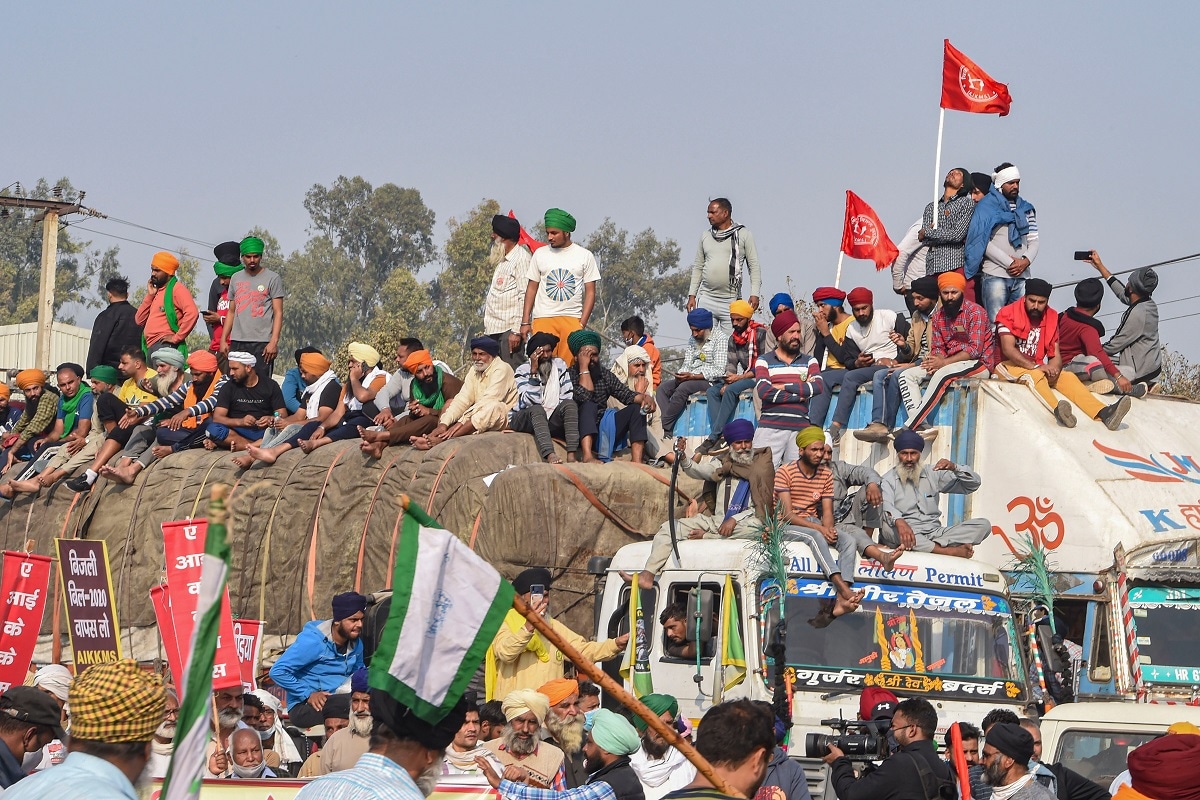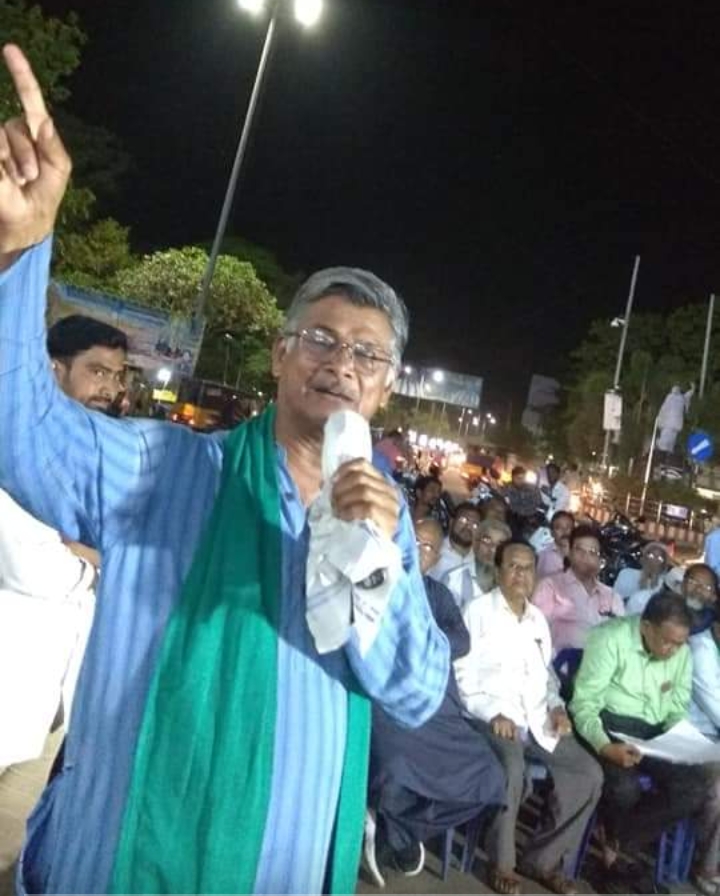
With each passing hour, the agitation of the farmers becomes more and more organized and intense. Several farmer leaders who have been closely associated with such movements in recent years have described the current turmoil as “historic” and “unprecedented.”
Among them is Sunilam, a two-time MLA from Madhya Pradesh, member of the All India Kisan Sangharsh Coordination Committee (AIKSCC) working group, and founder of the Madhya Pradesh-based farmers’ rights organization Kisan. Sangharsh Samiti.
Many people claim that the current farmer turmoil is limited to just two states, Punjab and Haryana. Do you agree?
For the past few months we have been agitating in Madhya Pradesh. On August 9, we observed the ‘corporate bhagao, kisani bachao’ in which farmers from across the state participated in an agitation against farm laws. On September 25 and October 14, we held two more pan-state agitations.
In the current turmoil too, our colleagues marched from places like Multai (in MP), Barwani, Gwalior, and Morena, until they were stopped at the Uttar Pradesh border, where they stayed on the roads for two days, and then walked. all the way to delhi. I was on the phone with former MP and peasant leader Raju Shetti, who said that tomorrow they are campaigning in 30 districts of Maharashtra. Similar demonstrations are also taking place in Telangana and Karnataka. We are in contact with 64 farmers’ unions from Tamil Nadu alone.
This movement is being led by people across the country, from the farmers of Mizoram to the apple growers of Kashmir. In fact, post-independent India has never seen such a powerful pan-Indian movement. I have been part of the farmers’ rights movements for 35 years and have 140 cases against me. Trust me, I know what I’m talking about.

(Political activist Sunilam addresses a meeting.)
What are your impressions of the current turmoil, given that you are witnessing first-hand from Delhi?
There are several news about this movement. For starters, it’s the first time you’ve seen such strong support for farmers in Punjab. The opposition and the ruling parties are with them. The 30 farmers’ organizations are united for the first time.
Second, the type of support this movement is receiving, from central unions to peasant leaders of organizations that are not officially with us. Rakesh Tikait of the Bhartiya Kisan Union has said, for example, that he and his supporters will not move until Punjab farmers are satisfied. When Jats and Sikhs unite on this issue, it will send a sinister signal to Raisina Hills.
Third, the political turmoil this movement is causing will be felt for a long time. Remember that the governments of Madhya Pradesh and Chhattisgarh were changed due to agricultural problems. Congress promised a farm loan exemption and Rs 2,400 per quintal for rice and they won in both states. Akali Dal left the National Democratic Alliance (NDA) due to pressure from farmers. Six states passed resolutions rejecting the Center’s farm bills.
Right now, farmers are filling the void created by the opposition. Over time, the issue of MSP and Mandis will grow into the fight to save India’s federal structure, its basic constitutional spirit.
I was part of the Anna movement. I saw it unfold before the national media in the Ramlila field. This is several times bigger than that. The Anna movement had little traction in South India. This movement is being supported in great numbers by our colleagues from the south.
How do you see the development of the movement in the coming days?
Look at the farmers who have come here, they have brought supplies to last them at least six months. Therefore, they are in no mood to go back without coming up with a respectable solution to MSP and Mandi’s problems. But how the situation develops from here also depends on how the government reacts to the presence of the protesters. This time, unlike what happened in the past, young people are leading this movement. If the government at some point, as it has done with various other upheavals, decides to use force against farmers, it could lead to a situation that the government may not be able to control. Therefore, the government will have to act carefully in the coming days.
.